Sri Lankan Beverages: Basic Overview
Common Ingredients
Common Preparing Methods
Drinking Etiquette
Influence and Fusion
Sri Lankan Beverages: Origin and Region
Cuisine
Culinary Region
Country’s Region
Classifications of Sri Lankan Beverages
-
Alcoholic Beverages
Alcoholic beverages in Sri Lanka primarily include traditional drinks like arrack, which is distilled from the sap of coconut flowers or fermented rice and fruit.
These beverages are an integral part of local celebrations and social gatherings of locals.
-
Non-alcoholic Beverages
Non-alcoholic beverages in Sri Lanka range from freshly brewed teas to natural drinks like coconut water, which is widely consumed for its hydrating properties.
These beverages are cherished both for their refreshing qualities and their roles in serving guests as a welcoming gesture.
Sri Lankan beverages are drinks available in the country of Sri Lankan that reflect its tropical setting and rich heritage. From sweet to savory and herbal to spicy, these drinks are crafted to complement the spicy food for which the country is famous.
The beverage selection is largely influenced by local fruits, spices, and the historical presence of tea plantations. Herbal concoctions are particularly notable, often used for their medicinal benefits and refreshing tastes.
In addition, the influence of various cultures through trade and colonization has introduced a mix of unique beverages that incorporate local ingredients to create both non-alcoholic and alcoholic options.
Afterward, uncover the pairings of food to have with drinks of Sri Lanaka to elevate the overall experience.
13 Popular Sri Lankan Beverages with Filters
These 13 drinks of Sri Lanka provide a refreshing experience with diverse options of ingredients, popularity, preparation methods, taste, and other features.
Arrack
- Alcoholic
- Traditional
Arrack is a traditional Sri Lankan spirit distilled from the sap of the coconut flower or fermented rice and fruit. Considered the national spirit of Sri Lanka, the alcohol ranges in potency and flavor, depending on the specific ingredients and distillation process used.
Arrack is a part of Sri Lankan culture and social rituals, often consumed during celebrations and gatherings. It can be enjoyed neat, on the rocks, or as a base in various cocktails.
Palm Wine
- Alcoholic
- Traditional
Palm wine is a traditional alcoholic beverage in Sri Lanka made by fermenting the sap from coconut palms and Palmyra palms. The process involves tapping the tree’s flower bud and collecting the dripping sap, which ferments naturally due to wild yeasts in the air.
This mildly alcoholic drink is enjoyed for its sweet, tart flavor and is a staple in rural areas, often consumed fresh for its best taste and slight effervescence. Palm wine plays a significant role in local customs and festivities.
Ginger Beer
- Non-Alcoholic
- Street Beverages
Ginger beer in Sri Lanka is a popular non-alcoholic beverage known for its invigorating spice and fizz. The refreshment is made by fermenting ginger spice, sugar, and water, creating a naturally bubbly drink with a strong ginger kick.
This refreshing beverage is often homemade but is also available commercially, where it’s enjoyed chilled as a revitalizing drink, especially during the hot and humid months. Sri Lankan ginger beer is celebrated for its bold flavor and is a common choice for social gatherings.
Ceylon Tea
- Non-Alcoholic
- Traditional
Ceylon tea is a renowned variety of tea produced in Sri Lanka, possessing a brilliantly aromatic quality. Named after the country’s former colonial name, ‘Ceylon,’ this tea is cultivated across several regions of Sri Lanka, offering a distinct flavor due to differences in climate and altitude.
Ceylon tea comes in black, green, and white varieties, with black tea being particularly noted for its bright, citrusy notes. It is a staple in global markets and highly prized for blending because of its brisk and full-bodied characteristics.
Coconut Water
- Non-Alcoholic
- Street Beverages
- Traditional
Coconut water in Sri Lanka is a staple hydrating drink extracted from the young green coconuts. This clear, refreshing liquid is packed with electrolytes and nutrients, making it a favorite among locals and tourists for its natural sweetness.
In Sri Lanka, coconut water is often consumed fresh, directly from the coconut. It’s not only a common sight on the beaches and roadside stalls but also a key ingredient in various Sri Lankan dishes and beverages.
Lassi
- Non-Alcoholic
- Street Beverages
Lassi is a yogurt-based beverage in Sri Lanka that has cooling properties. Originating from the Indian subcontinent, the milky mix has become a favorite in Sri Lanka, particularly during the hot and humid months.
Locals mainly make lassi by blending yogurt with water, spices, and sometimes fruit or sugar to create a sweet or savory profile. The sweet version often includes mango or strawberry, while the savory version is enhanced with salt and spices like cumin.
Masala Chai
- Non-Alcoholic
- Street Beverages
Masala chai is a spiced tea beverage that has found popularity in Sri Lanka, influenced by neighboring India, where it originated. This aromatic drink combines black tea with aromatic spices and herbs such as cinnamon, cardamom, cloves, ginger, and black pepper.
In Sri Lanka, it is typically brewed with strong Ceylon tea to elevate the robust flavors. Masala chai is often sweetened with sugar and made creamy with milk, offering a comforting warmth.
Falooda
- Non-Alcoholic
- Street Beverages
Falooda is a popular dessert beverage in Sri Lanka that boasts a complex sweetness. This delightful drink combines rose syrup, vermicelli, sweet basil seeds, and pieces of jelly with milk, often topped with a scoop of ice cream.
Originating from Persian influences, falooda in Sri Lanka is a favorite during warm weather and festive occasions. Furthermore, the sweet treat has numerous variations depending on the topping employ by sellers.
Tea
- Non-Alcoholic
- Traditional
Tea is a central element of Sri Lankan drink culture, renowned globally for its quality. Sri Lanka produces several types of teas, including black, green, and white teas, each known for its distinct flavor profile and aromatic richness.
From the rolling hills of Kandy to the cool climes of Nuwara Eliya, the regional variations of tea make them have different profiles. Locally, these teas are savored plain or enhanced with milk and sugar.
Sharbat
- Non-Alcoholic
- Street Beverages
Sharbat is a popular sweet beverage in Sri Lanka, adapted from a traditional drink widely enjoyed across the Middle East and South Asia. This refreshing concoction consists of fruit syrups, which can be derived from flowers, fruits, or herbs, with water.
Often served chilled, the drink’s flavors include rose, sandalwood, beli (wood apple), and lime, each offering a unique aromatic profile. In Sri Lanka, sharbat is particularly favored during hot weather and festive occasions.
Virgin White Tea
- Non-Alcoholic
- Traditional
Virgin white tea is a rare and highly prized tea cultivated in Sri Lanka. It is known for its delicate flavor and aroma, as well as its minimal processing.
The unique aspect of this tea lies in its harvesting when the buds are picked by hand and never touched by metal, preserving their purity. This meticulous process ensures that the tea retains a high level of antioxidants, making it one of the healthiest teas available.
Virgin white tea offers a pale, light infusion with a slight sweetness, embodying the essence of the lush Ceylonese tea gardens where it is grown.
Koththamalli
- Non-Alcoholic
- Traditional
Koththamalli is a traditional Sri Lankan herbal drink prized for its medicinal properties. The drink is primarily made from coriander seeds, which are boiled in water with other ingredients like ginger and sometimes a bit of sugar to enhance the flavor.
Koththamalli is commonly consumed as a remedy for colds and flu, thanks to its soothing and healing qualities. The herbal concoction is served hot to aid digestion and boost immunity.
Wood Apple Juice
- Non-Alcoholic
- Street Beverages
- Traditional
Wood apple juice is a unique beverage in Sri Lanka that takes on the profile of the wood apple pulp, a hard-shelled fruit with a pungent, tangy flavor. This yellowy drink is often enjoyed for its properties to aid the digestive system.
To prepare, locals take the sticky brown pulp for mixing with water and sweeten it with sugar or honey to balance its naturally sharp taste. The result is a refreshing, thick drink that is especially favored during the hot seasons.
What Are the Food Pairings for Having with Sri Lankan Drinks?
Here are the food pairings that can go well with the refreshing profile of Sri Lankan drinks:
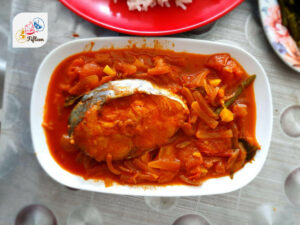
Curries
Chicken curry (kukul mas maluwa) with soothing lassi, inspired by tasty Indian beverages, or fish ambul thiyal with coconut water to help balance the heat and enhance the flavors.
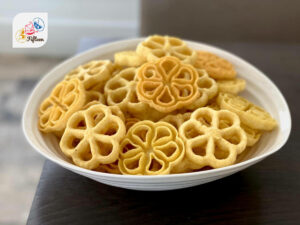
Snacks
Perfect for root vegetables and tubers to enhance natural sweetness and create a caramelized exterior.
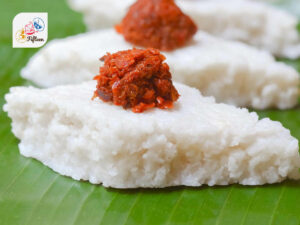
Rice Dishes
Enjoy iconic Sri Lankan rice dishes like Kiribath and lamprais by pairing Kiribath with a chilled glass of king coconut water. Alternatively, lamprais complement its richness with a soothing cup of Ceylon tea or a tangy ginger beer or ale, a popular British drink enjoyed in Sri Lanka.
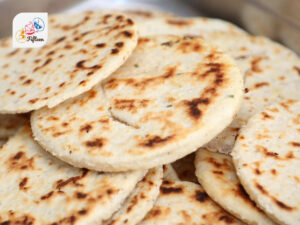
Bread and Dough
Ginger beer with Pol roti to complement its hearty texture and savory flavor, providing a refreshing contrast with its zesty kick.
You can always find these dishes available in Sri Lanka to pair with the right drinks. Additionally, you should try out new combos to uncover interesting flavor profiles.
Don’t forget to share your popular picks of drinks to have in Sri Lanka in the comment section. Share these refreshments with people who are looking for a taste of South Asian cuisine.
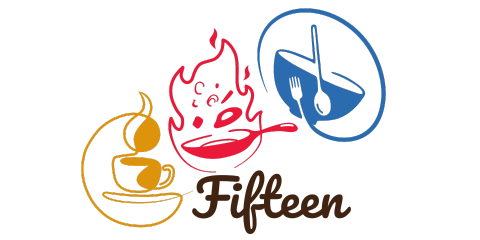


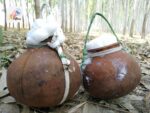
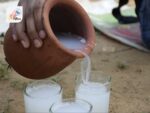

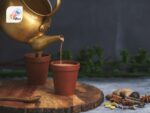
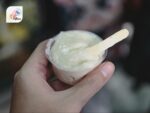
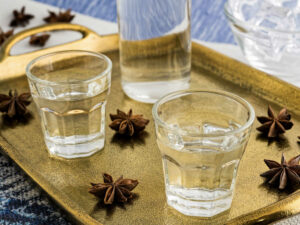
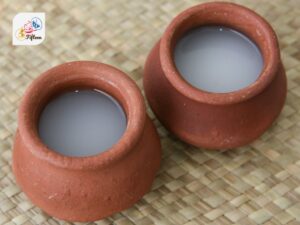
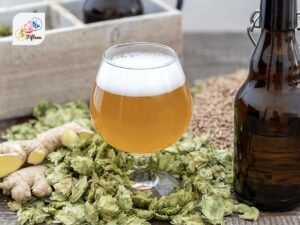
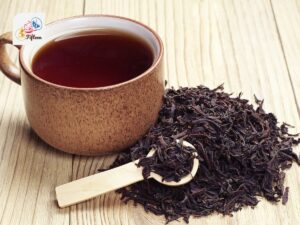
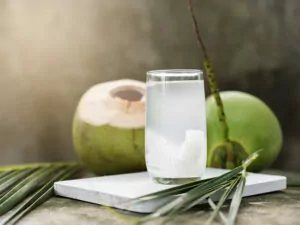
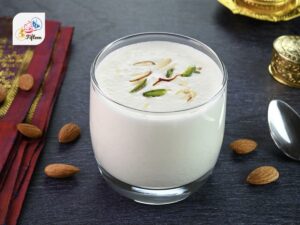
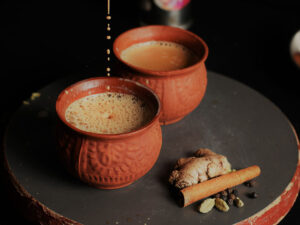
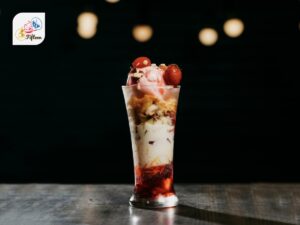
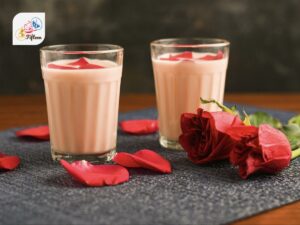
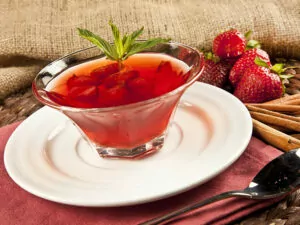
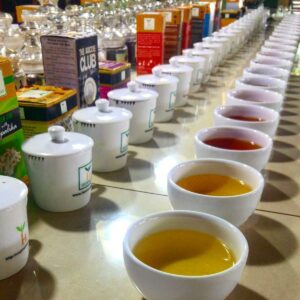
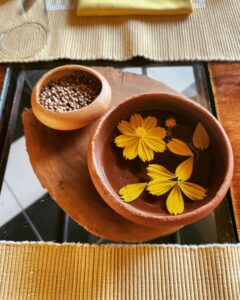
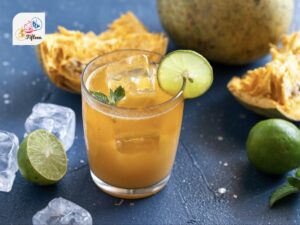
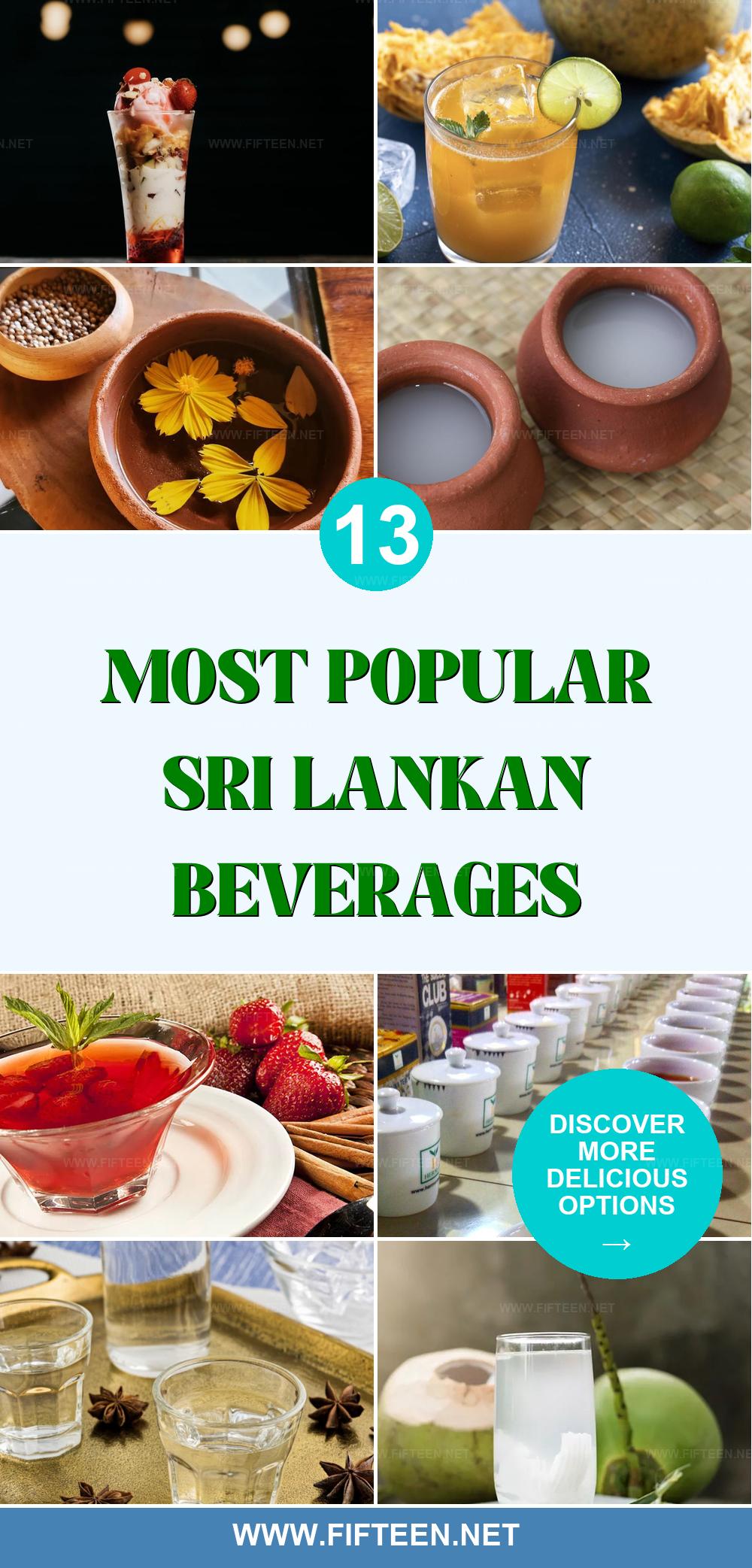
Jamie Scott
Editor in Chief, Senior Content Writer
Expertise
Home Cooking, Meal Planning, Recipe Development, Baking and Pastry, Food Editor, Cooking-video Maker, Western Food Evaluation Expert
Education
Le Cordon Bleu College of Culinary Arts
Local Community College, New York, NY
Jamie Scott is a skilled culinary expert and content creator specializing in Western cuisine. With over 15 years in the culinary field and formal training from Le Cordon Bleu, Paris, Jamie deeply understands how to blend nutrition with delicious flavors. His passion for cooking matches his commitment to making healthy eating accessible and enjoyable.
On Fifteen.net, Jamie brings a fresh perspective to classic dishes and beverages, offering readers insightful recipes, cooking tips, and a fresh view on meal planning that emphasizes taste, health, and simplicity.